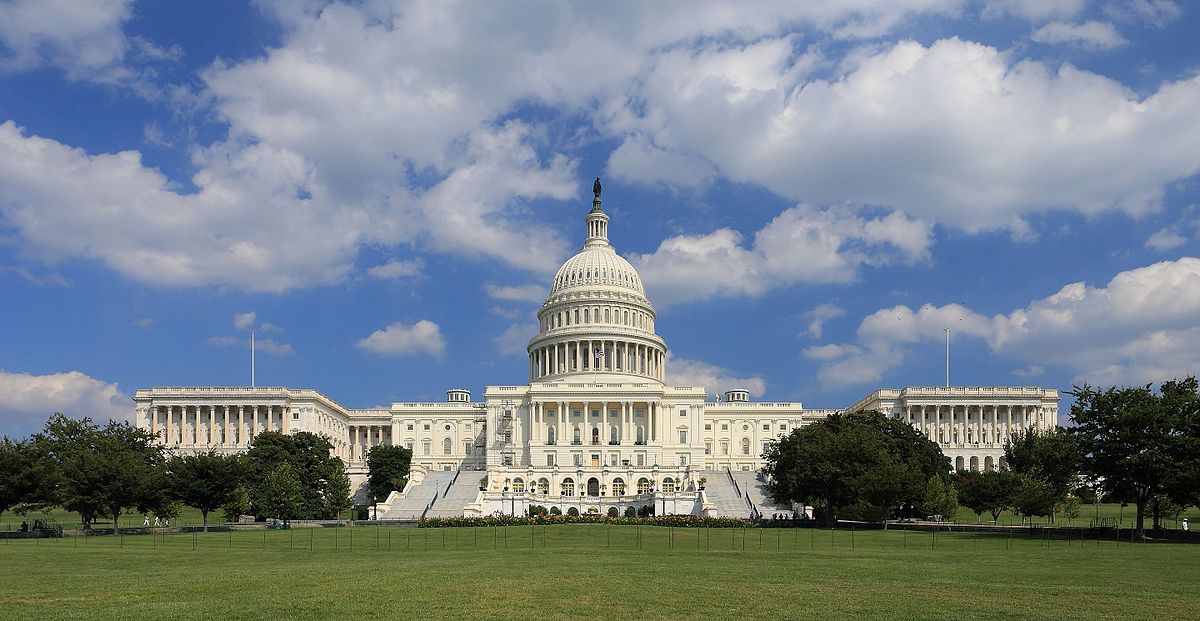Standardized Federal Retiree Annual Changes Incoming?, by RICK VIADER

For many years, retired workers have caused themselves headaches while trying to calculate annuity payment increases. If one lawmaker gets their way, this system will one day change to standardize all increases.
HR 304, otherwise known as the Equal COLA Act, is supported by Rep. Gerry Connolly and will completely overhaul the CSRS (Civil Service Retirement System) and the FERS (Federal Employees Retirement System) programs. If passed, it means that the COLA would be universal for all retired workers under these two plans.
Since its introduction in 1986, the rules for CSRS retirees have remained untouched. Essentially, the CPI for the third quarter is assessed to calculate potential COLAs. On the other hand, COLA for FERS is more complex. If the CSRS adjustment is under 2%, the FERS adjustment is the same. However, if the CSRS increase is between 2% and 3%, retired FERS workers only receive 2%. What if the CSRS adjustment is over 4%? In this case, FERS adjustments are always one percentage point below.
Originally launched in 2018, Connolly has been a staunch supporter of a universal system for both CSRS and FERS retirees. He proposes that all COLAs should be tied to the CPI-W. Will the legislation pass? Now that Democrats have both chambers of Congress, it has a higher chance of success this year than any other. Also, President Biden has said many times in the past that he would assist the elderly when speaking to the National Active and Retired Federal Employees Association. In conversations, he stated his intention to link COLAs to a stronger CPI.
Other Potential Bills
In other news, another prospective bill has the potential to reward federal employees who spot poor spending in their respective agencies. With double the cash bonus, employees are encouraged to report misspending of budgets.
This time, Representatives Jim Cooper and Chuck Fleischmann are the supporters, and the bill is named The Bonuses for Cost-Cutters Act (2021). After spotting and reporting wasteful spending, individuals face a reward of 1% of the saved amount (with a maximum of $20,000). For the individual to receive this reward, they would need to report the waste, and it would need to be determined as such by a designated official (such as an agency chief financial officer). Unfortunately, these bonuses aren’t available to all employees—this includes those working with the political appointees (confirmed by the Senate) or the inspector general.
There are similarities between this bill and others we’ve seen in recent weeks—it could be construed as an attempt to bring the public sector in line with the private sector. In the latter, workers who identify ways to save resources are rewarded. Unfortunately, there’s not currently a similar system in the public sector. Lawmakers hope that this new legislation encourages workers to not only hunt down inefficiencies but also remain in federal employment.
Cooper and Fleischmann believe that agencies should be encouraged to save wherever possible rather than spending taxpayer money with little care and attention. Of course, another consequent benefit is the national debt reduction that follows.







